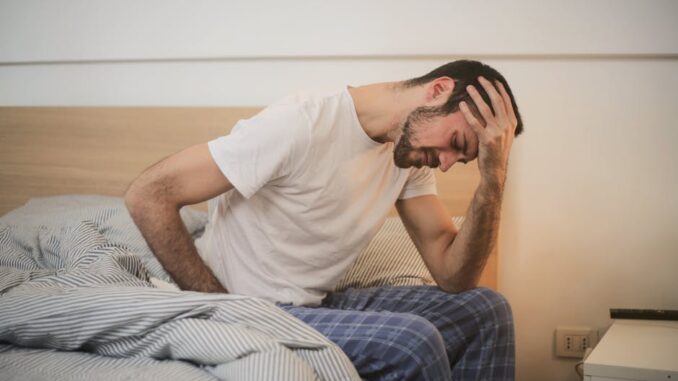
Summary
This article explores the crucial role of relaxation in addiction recovery. It explains the science behind stress-induced relapse and provides actionable relaxation techniques to manage stress and maintain sobriety. By incorporating these techniques, individuals can cultivate resilience and navigate their recovery journey more effectively.
** Main Story**
Stress, Relapse, and Relaxation: A Guide to Finding Peace in Recovery
Addiction recovery is a challenging journey, often fraught with emotional and psychological hurdles. One of the most significant obstacles is stress, which can trigger cravings and increase the risk of relapse. Understanding the link between stress and relapse, and learning effective relaxation techniques, is essential for maintaining sobriety. This article serves as a guide to navigating stress and cultivating relaxation during recovery.
The Science of Stress and Relapse
Stress and relapse are intricately connected through the brain’s neurotransmitters. These chemical messengers transmit signals that affect mood, behavior, and emotions. During addiction, and particularly withdrawal, the brain’s neurotransmitter balance is disrupted. Stress further exacerbates this imbalance, creating a strong urge to use substances as a coping mechanism.
Stress increases relapse risk in several ways:
- Cravings and Coping Mechanisms: Stress triggers cravings for substances, as the brain remembers the temporary relief they provided. This can lead to relapse, especially when healthy coping mechanisms are lacking.
- Emotional Vulnerability: Stress intensifies emotional vulnerability, making individuals more susceptible to feelings of anxiety, depression, and being overwhelmed. This can lead to substance use as a means of escape or emotional numbing.
- Social Isolation: Stress often causes social withdrawal, diminishing support systems and increasing feelings of loneliness. Isolation can heighten the temptation to use substances for comfort.
Relaxation Techniques for Recovery
Learning to manage stress through relaxation is crucial for preventing relapse. Here are several effective techniques:
Mind and Body Practices:
- Deep Breathing: Deep, slow breaths activate the parasympathetic nervous system, promoting relaxation and reducing the body’s “fight or flight” response to stress. Aim for six breaths per minute, with a longer exhale than inhale.
- Progressive Muscle Relaxation: This technique involves tensing and releasing different muscle groups systematically, starting from the head and moving down to the toes. It helps identify areas of tension and promotes physical relaxation.
- Mindfulness Meditation: Meditation cultivates present moment awareness, reducing stress and improving emotional regulation. Even short meditation sessions can be beneficial.
- Yoga and Tai Chi: These gentle exercises combine movement, breathing, and mindfulness, promoting physical and mental relaxation.
Creative and Sensory Activities:
- Journaling: Writing down thoughts and feelings can help process emotions, reduce stress, and gain perspective.
- Listening to Calming Music: Music with slow tempos and soft beats can trigger a relaxation response.
- Spending Time in Nature: Being in nature has a calming and grounding effect, reducing stress and improving well-being. Combine this with exercise for added benefit.
- Art Therapy: Engaging in creative activities, such as drawing, painting, or sculpting, can be therapeutic and stress-relieving.
- Aromatherapy: Certain scents, such as lavender, have relaxing properties. Use essential oils in a bath or diffuser to create a calming atmosphere.
Lifestyle Changes:
- Healthy Diet: Balanced meals with nutrient-rich foods support mood regulation and reduce stress.
- Regular Exercise: Moderate exercise releases endorphins and reduces stress hormones.
- Adequate Sleep: Sufficient sleep is essential for physical and mental restoration.
- Establish Routines: Structured routines create a sense of stability and reduce stress associated with over or under-planning.
- Social Support: Connect with supportive friends, family, or support groups to reduce feelings of isolation and build resilience.
Building Relaxation into Your Routine
Making relaxation a regular part of your routine takes intention and effort. Schedule specific times for relaxation, just as you would for any other important activity. Choose techniques that resonate with you and experiment to find what works best. Start with short sessions and gradually increase the duration as you become more comfortable.
Remember, relaxation is not a luxury but a necessity for sustained recovery. By incorporating these techniques into your daily life, you can manage stress, reduce cravings, and build a strong foundation for a healthier, more fulfilling life free from addiction.


Be the first to comment